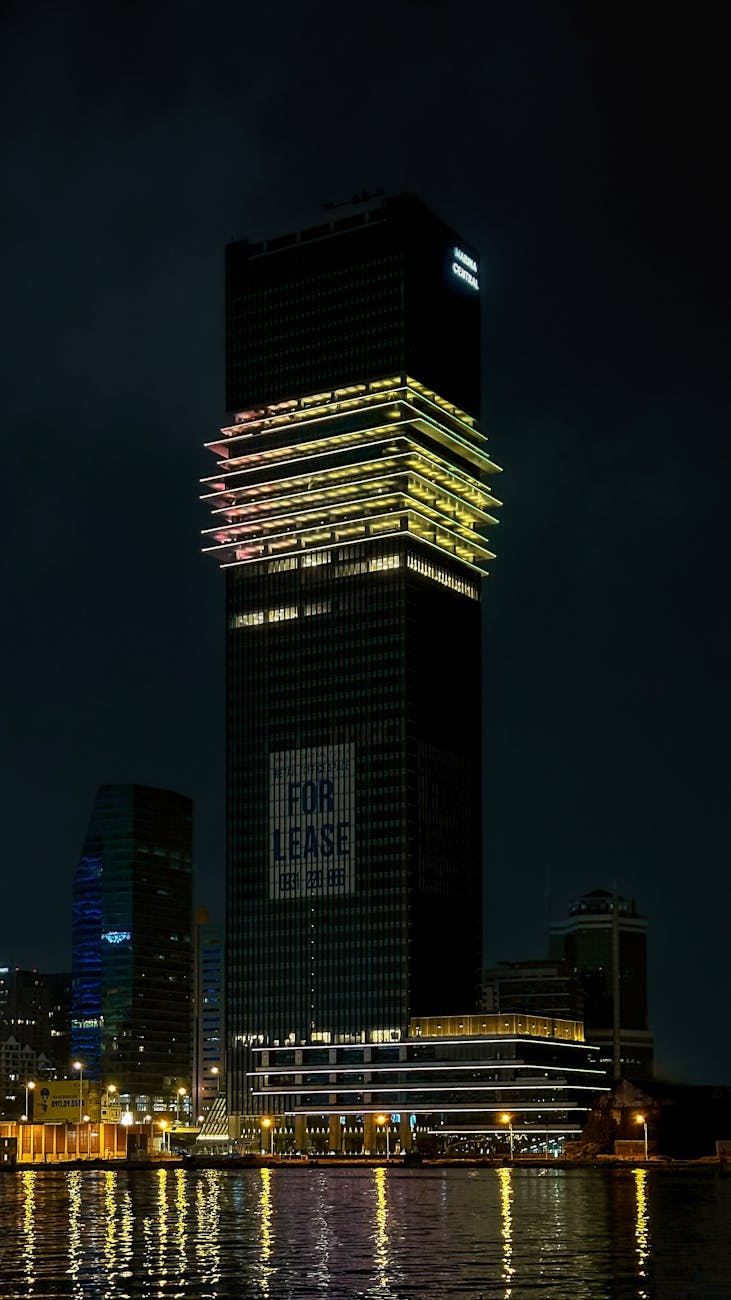Emerging Trends in Commercial Real Estate Leasing and Brokerage
Emerging trends in commercial real estate leasing and brokerage are reshaping the landscape for investors, tenants, and brokers alike. The commercial real estate (CRE) market is experiencing unprecedented shifts driven by technology, changing tenant demands, and evolving economic conditions. Traditional leasing models and brokerage practices are being enhanced or replaced with innovative approaches that prioritize flexibility, sustainability, and data-driven decision-making. Understanding these trends is crucial for anyone involved in CRE, whether they are looking to maximize asset value, secure prime office space, or streamline transaction processes. This article explores the key developments currently influencing the sector, highlighting how players can adapt to stay competitive and meet the evolving needs of the market.
Technology-driven transformation in leasing and brokerage
The integration of advanced technologies is perhaps the most significant driver of change in commercial real estate leasing and brokerage. Artificial intelligence (AI), big data analytics, and advanced property management platforms are enabling better market insights, automated leasing processes, and enhanced client experiences. Brokers now leverage AI-powered tools to analyze tenant preferences, forecast rental trends, and optimize portfolio performance. Additionally, virtual tours, 3D modeling, and augmented reality (AR) have revolutionized how properties are marketed to prospective tenants, reducing time on market and expanding reach globally.
Moreover, blockchain technology is gaining traction for its potential to increase transparency, reduce fraud, and simplify lease agreements through smart contracts.
Rise of flexible leasing and hybrid workspace models
In response to the shifting demands due to the rise of remote work and changing employee expectations, flexible leasing arrangements are becoming increasingly popular. Landlords and brokers are adapting by offering shorter lease terms, co-working spaces, and hybrid office solutions that can quickly scale up or down. This flexibility benefits tenants seeking to reduce fixed costs and supports companies aiming to maintain agility in uncertain market conditions.
Flexibility also extends to the physical design of spaces, with leasing agreements often including provisions for customization to accommodate varied tenant operational needs, promoting a more collaborative relationship between landlords and tenants.
Sustainability and ESG considerations in CRE leasing
Environmental, social, and governance (ESG) factors have moved to the forefront of commercial real estate decision-making. Tenants increasingly prioritize sustainable buildings that feature energy efficiency, wellness amenities, and green certifications like LEED or WELL. Brokers are responding by highlighting these attributes in listings and advising landlords on improvements that increase property desirability and compliance with regulations.
This heightened focus on sustainability also influences lease structures, with more agreements incorporating clauses related to energy use, waste management, and tenant responsibility in maintaining green standards, fostering a partnership mindset in achieving ESG goals.
Data-driven decision making and market intelligence
Access to real-time market data and advanced analytics is transforming how leasing decisions are made and brokerage services are delivered. Platforms aggregating data on property performance, tenant behavior, and economic indicators empower brokers and landlords to anticipate market shifts and tailor offerings accordingly. Predictive analytics help identify emerging submarkets, optimal rental rates, and risk factors associated with tenants or investments.
Sharing insightful data also enhances transparency with clients, enabling more informed negotiations and stronger relationships grounded in objective analysis rather than intuition alone.
| Trend | Main Impact | Key Beneficiaries | Examples |
|---|---|---|---|
| Technology-driven transformation | Improved efficiency and client experience | Brokers, tenants, landlords | AI analytics, virtual tours, blockchain leases |
| Flexible leasing and hybrid workspaces | Greater adaptability and cost savings | Tenants, landlords | Short-term leases, co-working spaces |
| Sustainability and ESG adoption | Enhanced property value and compliance | Landlords, tenants, communities | Green certifications, energy efficiency clauses |
| Data-driven decision making | Informed leasing strategies and risk reduction | Brokers, landlords, investors | Market analytics platforms, predictive tools |
Conclusion
The commercial real estate leasing and brokerage sectors are undergoing a profound transformation driven by technological innovation, evolving tenant preferences, sustainability imperatives, and enhanced market intelligence. Together, these trends are fostering a more dynamic, transparent, and tenant-centric market environment. Technology enables faster, data-backed decisions and more engaging property marketing, while flexible leasing solutions meet the demands of a workforce increasingly reliant on hybrid models. Sustainability principles are now embedded in property offerings and lease structures, reflecting a growing commitment to ESG goals. As these trends continue to converge, industry professionals must embrace change to capitalize on new opportunities and deliver greater value. Adapting to these emerging trends will be essential for success in today’s rapidly evolving CRE landscape.
Image by: QUI NGUYEN
https://www.pexels.com/@qui-nguyen-7862521
editor's pick
latest video
news via inbox
Nulla turp dis cursus. Integer liberos euismod pretium faucibua

